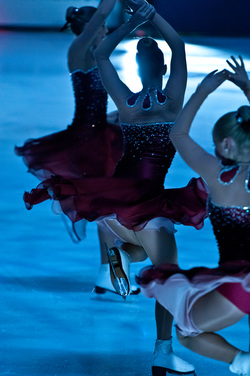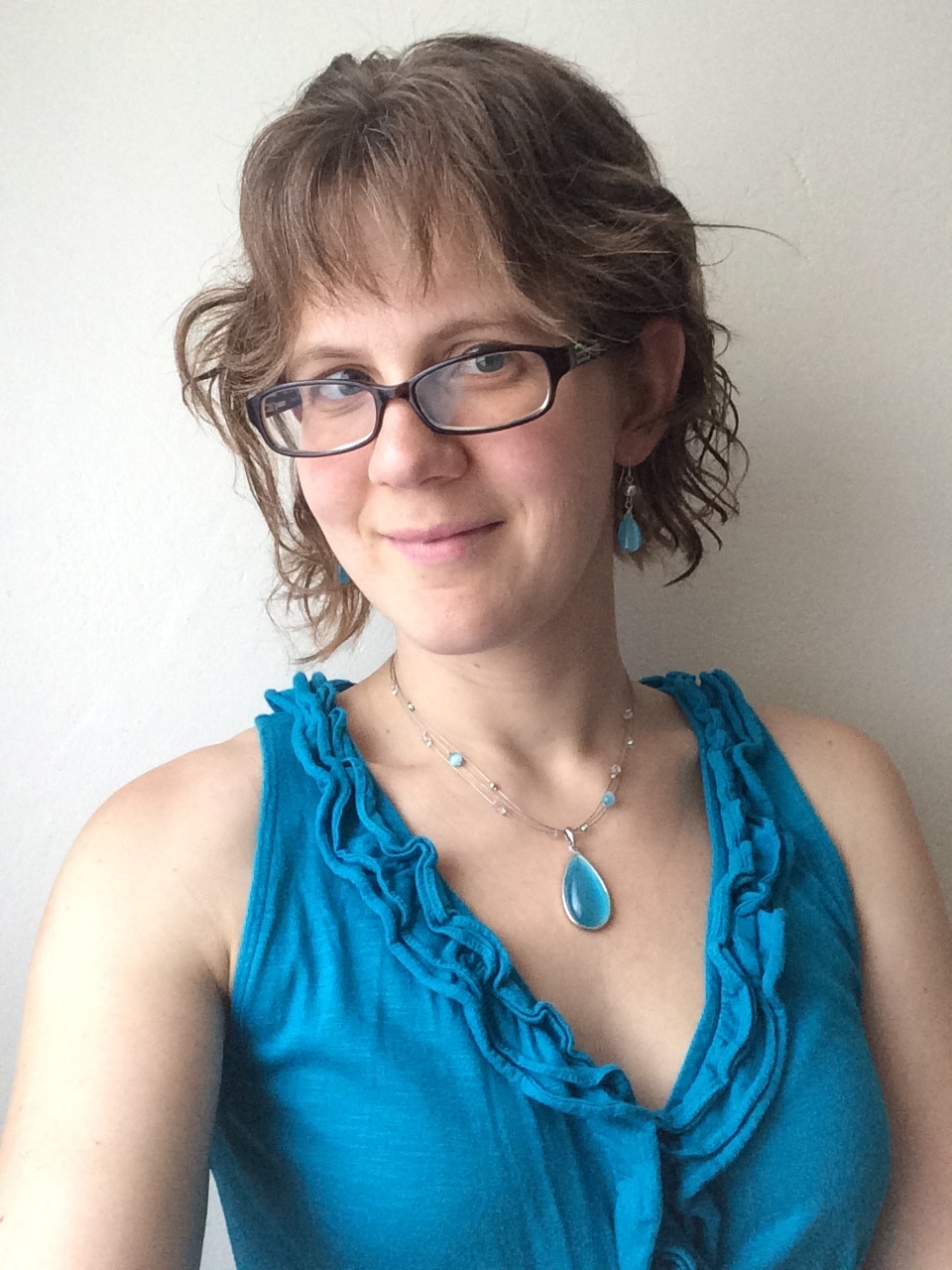
Conflict: Does your story seed contain conflict? Nobody wants to read about perfect people in a perfect world. There's a reason that the celebrity scandals fill headlines. “Anywhere that there are people, there is inherent conflict” (Maass 42). Make sure your idea brings out the conflict, whether it's conflict with the setting, among your characters' relationships, or both.
Originality: With so many stories on the market, how is your story different? Maass states that “there are no new plots” (Maass 43). What is your fresh take, your new angle? Make a new riff, combine two different story elements, or do the opposite of what your readers expect.
Plausibility: Could this really happen? This is not to say that you should never write fantasy, for example. But “like the best lies, the real whoppers, a breakout novel has a grain of truth. It is that truth that persuades us to care and convinces us that this story contains the stuff of life” (Maass 41).
Emotional Appeal: What in your story tugs at the reader's heart? Maass examines Nicholas Sparks's novel, The Notebook, as an example. There are many love stories, but a man reading the story of their relationship to his wife, who has Alzheimer's, “in the faint-but-loving hope that she will remember, just for an instant,” (Maass 49) sinks an emotional hook.
With these in mind, let's examine my original thought for a premise: the story of a synchronized skater who dreams of attending the national championships with her team. Conflict? A little, because of course the other teams would like to win as well. Original? Well, very few novels have been written about synchronized skating. Plausible? Yes. I skate on a synchronized team myself. I know this world, and I can describe it so that my readers understand it as well. Emotional appeal? Some, for who doesn't want to succeed?
My credibility may be solid, but “a little” conflict and “some” emotional appeal aren't going to sell my premise. I could use more originality as well, since many stories have been written about wanting to win a sports event. How can I dig deeper? To do this, Maass suggests using “what if” questions.
What if I add more conflict? Some drama not only with the competitors but within the team itself? What if my skater doesn't fit very well with her team? What if she's the weakest link in the line of skaters? Better yet, what if she isn't that weakest skater but someone who follows the others in teasing that teammate because she is worried that her teammates will otherwise pick on her because she is overweight? Now she has conflict within herself as well as within the team as well as with the other teams. I've added an additional two layers of conflict and, in doing so, I've increased my originality as well by combining the desire to win with a bullying situation.
I can increase the emotional appeal by making my skater's parents lose their jobs to the recession, which adds financial conflict, too. By adding a love interest to the mix, I continue to build the other layers as well. But I want to steer away from the obvious, so my character doesn't have just a regular crush. She has a crush on a teammate, not a token male member but another girl on the team. Whoa, here we go now. What if my skater isn't out to her parents? What if my skater's expenses are sponsored by an organization that would cut its sponsorship funds if the truth were revealed? What if the skater everyone teases turns out to have a gay father leading an anti-bullying campaign? Now I'm talking seven layer burrito!
So here's what just those four principles from Maass's chapter on premise helped me develop:
Starting premise: A synchronized skater dreams of qualifying for the national championships with her team.
Breakout premise: When Kylie's parents lose their jobs and her family moves in with her grandparents, her figure skating dream seems lost until she earns a spot on the synchronized skating team and her grandparents' church sponsors her expenses. Kylie now has a chance to qualify for the national championships, but she never expected to fall in love with a teammate. Self-conscious about her weight and terrified that the others will realize her crush on Noelle and out her to her family and church, she joins them in ridiculing a teammate they nickname “Domino.” As long as everyone is focused on Domino knocking people over, Kylie's own chain of dominoes can stay upright. Then Kylie meets Domino's father, a leader in the fight against LGBT bullying. Knowing that taking a stand means her whole world will fall down, Kylie must decide what winning really means.
If you found this helpful, this chapter of Maass's book contains many more examples and questioning techniques to help your premise reach its maximum potential. In other news, congratulations to Wendy, winner of Something Real for correctly guessing Gabe's original name of Tommy. No correct guesses for Maddy yet, and next time I'll make the contest easier! :-)

 RSS Feed
RSS Feed